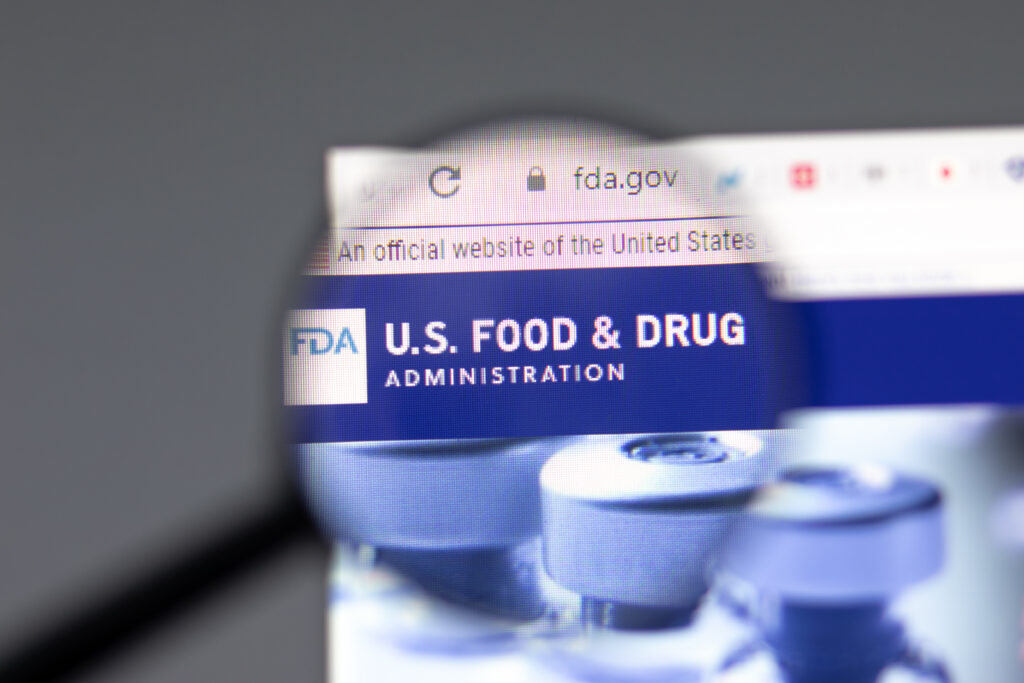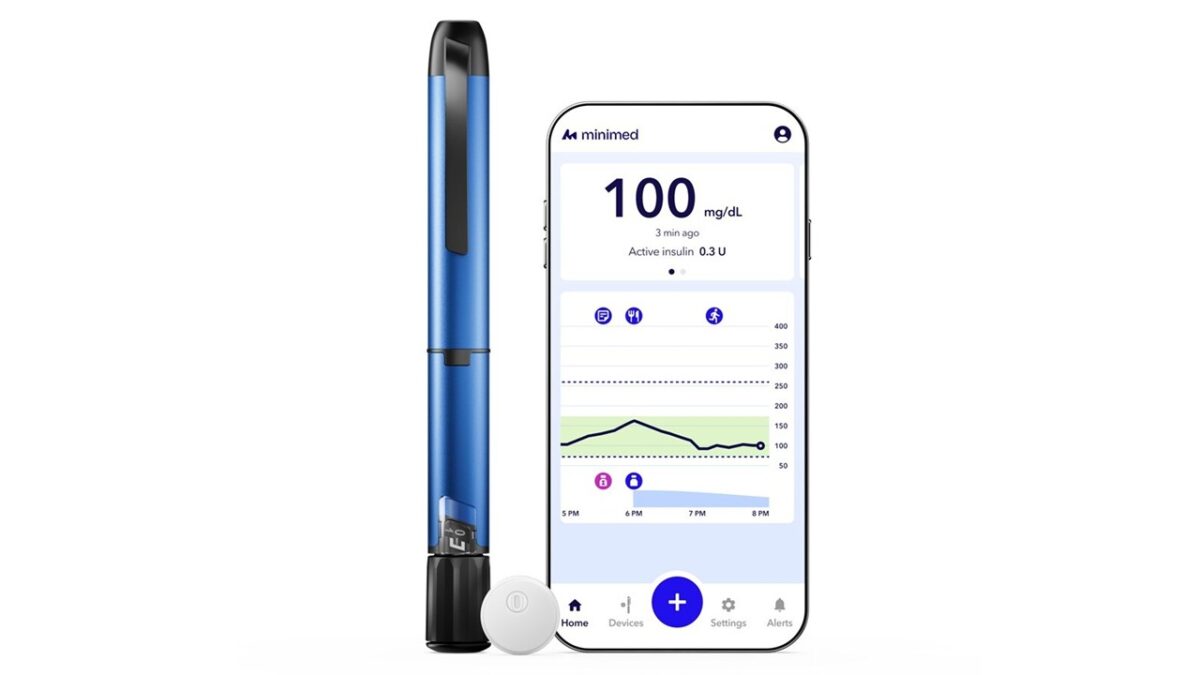LIB Therapeutics has announced that the FDA has accepted its Biologics License Application (BLA) for lerodalcibep, a novel investigational treatment aimed at reducing low-density lipoprotein cholesterol (LDL-C) in a broad patient population.
The FDA has set a prescription drug user fee act (PDUFA) target action date of December 12, 2025, and currently does not plan to hold an advisory committee meeting regarding the application.
Lerodalcibep is a third-generation PCSK9 inhibitor designed as a once-monthly, self-administered subcutaneous injection. Unlike some existing therapies, LIB Therapeutics says it offers long ambient stability, eliminating the need for refrigeration at home or during travel, thereby enhancing patient convenience.
This gives lerodalcibep an edge to approved PCSK9 inhibitors. Current PCSK9 inhibitors on the market include Regeneron’s monoclonal antibody Praluent (alirocumab), Amgen’s Repatha (evolocumab) and Novartis’s Leqvio (inclisiran), which is a small RNA interference (siRNA) therapy designed to lower LDL-C.
Related: Top 10 Heart and Vascular Medications Based on Recent Sales Data
The BLA submission is supported by data from the global Phase III LIBerate program, which included over 2,900 patients.
The studies evaluated lerodalcibep’s safety and efficacy in patients with atherosclerotic cardiovascular disease (ASCVD), those at very high or high risk for ASCVD and individuals with heterozygous familial hypercholesterolemia (HeFH) and homozygous familial hypercholesterolemia (HoFH).
In key registration-enabling, placebo-controlled trials, patients received once-monthly doses of lerodalcibep for up to 52 weeks.
Results from the trials demonstrated that lerodalcibep achieved significant reductions in LDL-C levels.
For instance, in the LIBerate-HeFH trial in patients with HeFH, the treatment led to mean placebo-adjusted LDL-C reductions of 65% at 24 weeks, with approximately 68% of patients achieving LDL-C reductions of 50% or more, meeting European Society of Cardiology guideline-recommended targets.
Over 2,400 patients have continued in the 72-week open-label extension trial.
“There remains a large unmet need among millions of patients with cardiovascular disease, or at high cardiovascular risk, including the 30 million people with inherited high cholesterol, who are unable to achieve currently recommended guideline-directed goals for LDL cholesterol with current oral therapies,” said Dr. Evan Stein, co-founder, chief operating and scientific officer of LIB Therapeutics, in the company’s news release.
“Lerodalcibep has demonstrated robust and sustained long-term LDL cholesterol-lowering, enabling the vast majority of patients to achieve these more stringent lower LDL-cholesterol targets with excellent safety and adherence across clinical trials. We look forward to working with regulators to make lerodalcibep available to patients around the world.”
David Cory, CEO of LIB Therapeutics, highlighted lerodalcibep’s potential as a best-in-class PCSK9 inhibitor, a patient-friendly treatment option to achieve new lower LDL-C goals. He also noted that the drug will be entering a rapidly growing global PCSK9 market that is projected to reach $5 billion in 2025 and $10 billion by 2030.
Following the FDA BLA filing, LIB Therapeutics plans to submit a marketing authorization application to the European Medicines Agency (EMA) in the second quarter of 2025.












Join or login to leave a comment
JOIN LOGIN